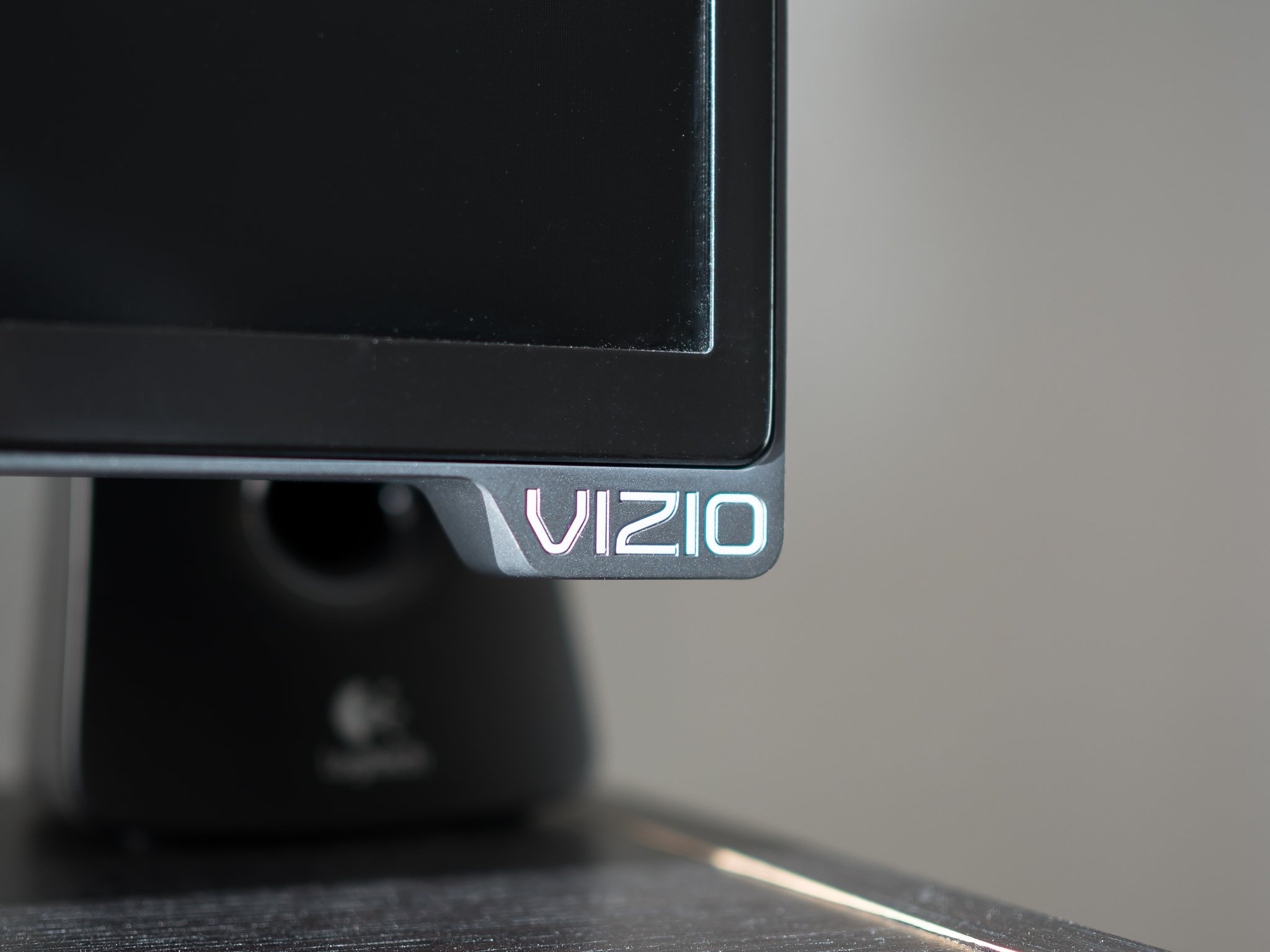Vizio did everything wrong when it comes to data collection.
Vizio has been fined $2.2 million by the Federal Trade Commission for "surreptitiously collecting details on viewers' watching habits." The company also agreed to delete all the data collected before March 1, 2016, and to get specific consent from users with a new privacy program.

Vizio's Smart Interactivity technology isn't much different from what other smart TV manufacturers use to find out exactly what you watch and when you watch it. The difference, according to ProPublica, stems from the way Vizio went about collecting it and what they did with it afterward.
For starters, Smart Interactivity is active and running unless you specifically opt out, and you're not told it's there or that opting out is even possible. Oddly enough, the instructions to tell you how to opt out have disappeared from Vizio's support site and have been replaced by a 404 error page. Thankfully, Vizio now has instructions available to show you how to turn off the setting on the TV.
Vizio was tracking everything it could.
While folks were watching TV, Vizio was tracking everything it could about the channels and amount of time viewers spent on them. They also collected your IP address. Standard stuff from the TV industry. But what they did next got them hauled into court by the FTC.
Vizio would work with "data brokers" — companies who only exist to collect data about people, connect it all together, and then sell it. They would use these data brokers to help them connect your IP address with information like your gender, age, income, and interests. They then sold this information to advertisers. The same advertisers other companies use who might already have your IP address from other products.
This makes for a nice tidy way to get a very good profile on who you are and what you do. Frankly, a $2.2 million fine isn't enough.
Comments
Post a Comment